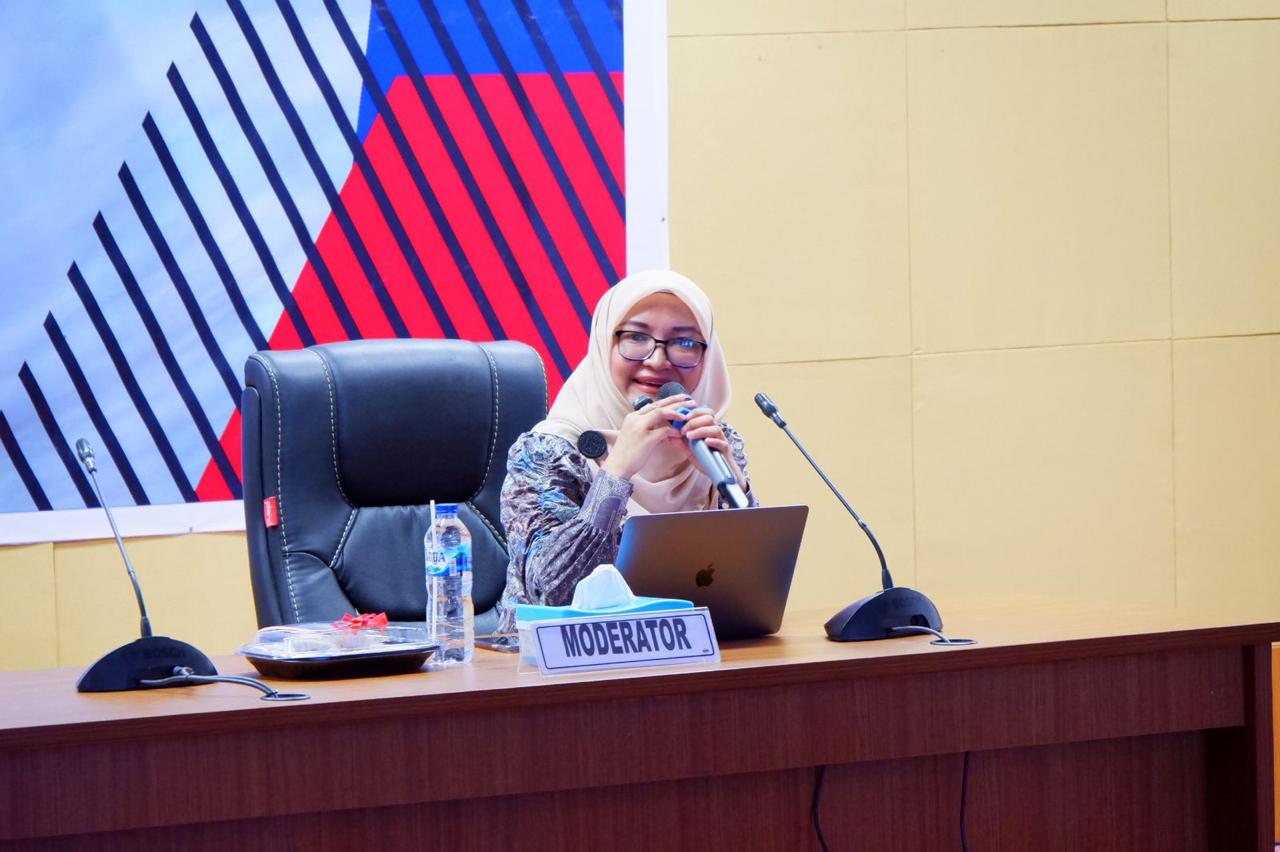READ.ID – In the evolving landscape of education, the role of an accountant as a lecturer is more critical than ever. As professionals who possess a deep understanding of both theoretical concepts and practical applications, accountants bring unique value to the academic world. Their ability to bridge the gap between the classroom and the real world equips students with the knowledge and skills necessary to navigate the complexities of the financial industry. This perspective explores the multifaceted role of accountants as lecturers and the impact they have on shaping future generations of professionals.
Connecting Theory to Practice
One of the most significant contributions accountants bring to academia is their ability to connect theory with practice. Accounting, by its nature, is a discipline that requires both a solid understanding of principles and the ability to apply those principles in real-world scenarios. Lecturers with professional accounting backgrounds are uniquely positioned to demonstrate how theoretical concepts are employed in practice, making the learning experience more relevant and engaging for students.
For example, when teaching topics such as financial reporting, auditing, or tax planning, an accountant-lecturer can draw on their own experiences to illustrate how these concepts are applied in actual business settings. This practical insight helps students better understand the nuances and complexities of the field, preparing them for the challenges they will face in their careers.
Mentorship and Professional Development
Beyond the transmission of knowledge, accountants as lecturers play a crucial role in mentoring and guiding students toward their professional development. With their firsthand experience in the industry, they can provide valuable advice on career paths, certifications, and the skills needed to succeed in the accounting profession.
Accountant-lecturers often serve as role models for students, demonstrating the ethical standards and professional behavior expected in the field. They can offer guidance on how to navigate ethical dilemmas, maintain integrity, and uphold the responsibilities of the profession—lessons that are often learned through experience rather than textbooks.
Moreover, their connections within the industry can be invaluable for students seeking internships, job placements, or networking opportunities. By bridging the academic and professional worlds, accountant-lecturers help students build a foundation for successful careers.
Promoting Critical Thinking and Problem-Solving
The modern accounting profession demands more than just technical expertise; it requires critical thinking, problem-solving, and the ability to adapt to changing circumstances. Accountants as lecturers can foster these skills by challenging students to think beyond standard procedures and explore innovative solutions to complex financial issues.
For instance, through case studies, simulations, and project-based learning, accountant-lecturers can present students with real-world problems that require creative and analytical approaches. By encouraging students to think critically and apply their knowledge in practical contexts, lecturers prepare them to become proactive and adaptable professionals.
This emphasis on critical thinking also extends to the ethical dimensions of accounting. In a world where financial scandals and fraud can have far-reaching consequences, the ability to navigate ethical challenges is essential. Accountant-lecturers can engage students in discussions about the moral and social implications of accounting decisions, helping them develop a strong ethical compass.
Contributing to Research and Knowledge Creation
While accountants are often associated with the application of knowledge, their role as lecturers also involves contributing to the creation of new knowledge through research. Accountant-lecturers who engage in academic research help advance the field by exploring emerging issues, developing new methodologies, and providing insights into industry trends.
This research can inform teaching practices, ensuring that students are exposed to the latest developments in accounting. By integrating their research into the curriculum, accountant-lecturers can offer students a forward-looking education that prepares them for the future of the profession.
Additionally, research by accountant-lecturers can have a broader impact on the profession itself. By addressing practical challenges and offering evidence-based solutions, their work can influence policy, shape industry practices, and contribute to the overall advancement of accounting as a discipline.
Adapting to Technological Advancements
The accounting profession is undergoing rapid transformation due to technological advancements, including automation, artificial intelligence, and blockchain. As these technologies reshape the way accounting is practiced, accountant-lecturers have a critical role in preparing students for this evolving landscape.
Accountant-lecturers must stay current with technological trends and incorporate them into their teaching. This may involve introducing students to accounting software, data analytics tools, and emerging technologies that are becoming integral to the profession. By equipping students with technological proficiency, accountant-lecturers ensure that they are ready to thrive in a digitalized accounting environment.
Furthermore, accountant-lecturers can help students understand the broader implications of technology, such as its impact on job roles, ethical considerations, and the need for continuous learning. In this way, they prepare students not only for the technical aspects of accounting but also for the challenges and opportunities that technology brings.
Challenges Faced by Accountant-Lecturers
While the role of accountant-lecturers is rich with opportunities, it also comes with challenges. Balancing the demands of teaching, research, and industry engagement can be difficult, particularly for those who continue to practice professionally. Maintaining credibility in both academia and the industry requires a commitment to ongoing professional development and staying up-to-date with the latest trends in both areas.
Moreover, accountant-lecturers must navigate the expectations of diverse stakeholders, including students, academic institutions, and professional bodies. Ensuring that the curriculum meets academic standards while also being relevant to industry needs can be a delicate balance.
Finally, the dynamic nature of accounting regulations, standards, and practices means that accountant-lecturers must continually update their knowledge and teaching materials. This constant evolution requires flexibility and a willingness to adapt to new information and methodologies.
Overall, accountants who take on the role of lecturers bring immense value to the academic community and the accounting profession. By connecting theory with practice, mentoring future professionals, promoting critical thinking, and contributing to research, they play a vital role in shaping the next generation of accountants. Despite the challenges, the rewards of influencing and guiding students, and staying at the forefront of both academia and industry, make this a fulfilling and impactful career path.
As the accounting profession continues to evolve, the role of accountant-lecturers will remain essential in ensuring that education keeps pace with the changing demands of the industry. Through their unique blend of expertise and experience, accountant-lecturers are not just educators—they are architects of the future of accounting.
Written by Yustina Hiola, SE., Ak., MSA., CA., CPA.
(Accounting Lecturer in Economic Faculty, Universitas Negeri Gorontalo)











